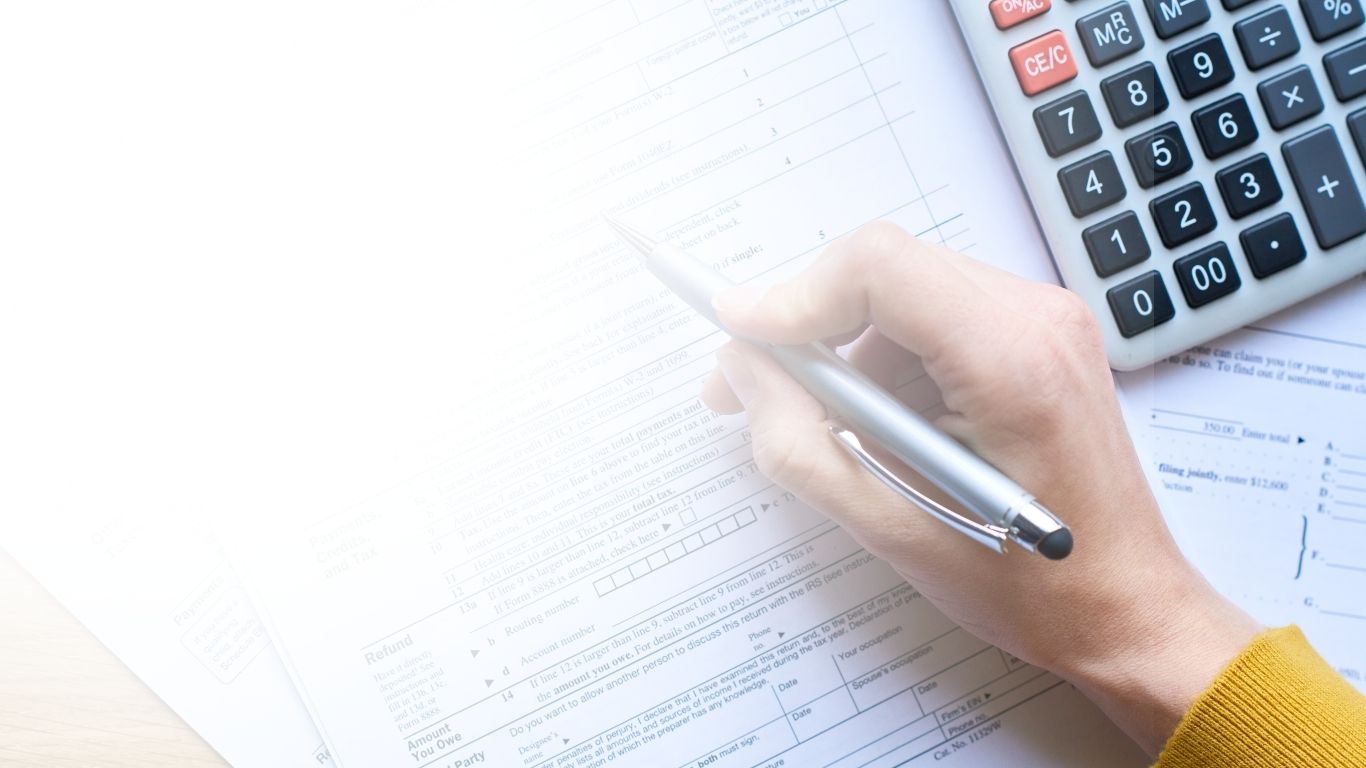Bad-debt reserve is a common challenge in the banking, insurance, and other financial services sectors. According to the Statement of Financial Accounting Standards (Pernyataan Standar Akuntansi Keuangan / PSAK), bad-debt reserves are addressed in PSAK 71, which covers financial instruments, including classification and measurement, impairment, and hedge accounting.
Historically, the regulation of bad-debt reserves in Indonesia began with the Minister of Finance Decree Number 80/KMK.04/1995, which established how much these reserves could be deducted as expenses. These rules have evolved over the years.
For example, in 2009, the government replaced this decree with the Minister of Finance Regulation (Peraturan Menteri Keuangan / PMK) Number 81/PMK.03/2009. This regulation outlined five criteria for establishing or accumulating bad-debt reserves that could be deducted as expenses, specifically for banks, insurance companies, the Indonesia Deposit Insurance Corporation, mining companies, forestry companies, and industrial-waste companies.
In 2024, the government updated the regulations by issuing PMK Number 74 of 2024, which pertains to establishing deductible bad-debt reserves from gross income.
According to the provisions issued at the end of October 2024, taxpayers have two methods for writing off bad debts. First, debts deemed uncollectible can be directly written off. Second, reserves can be established, allowing for the deduction of bad-debt expenses through provisions set up at the time of the debt's recognition. Both methods must adhere to certain principles. Once a taxpayer selects a method, they must consistently apply it in future financial reporting.
Interestingly, PMK 74 of 2024 notably expands the scope of who can utilize the reserve establishment method for writing off bad debts. Under this PMK, only banks and other financing companies, finance lease companies with option rights, consumer financing companies, and factoring companies can adopt this method. Other taxpayers, however, may still write off bad debts deemed uncollectible, provided they comply with applicable laws and regulations.
More specifically, PMK 74 of 2024 outlines six types of taxpayers eligible to use the reserve fund accumulation method for writing off bad debts, as detailed below:
Number | Types of Taxpayers | ||
1 | Banks, including commercial banks and Bank Perekonomian Rakyat, involved in distributing credit and/or financing based on sharia principles. | ||
2 | Finance lease companies that offer finance leases with option rights and operate, either conventionally or following sharia principles. | ||
3 | Consumer financing companies that provide consumer financing services, either conventionally or following sharia principles. | ||
4 | Factoring companies engaged in factoring financing activities, either conventionally or following sharia principles. | ||
5 | Other corporate taxpayers, including: | ||
| a | Savings and loan cooperatives that are registered and/or have obtained permits from the relevant ministry overseeing cooperatives and small to medium enterprises; | |
| b | PT Perusahaan Pengelola Aset; | |
| c | Financing service business providers, including: | |
|
| Financing company; | |
|
| Venture capital company; | |
|
| Infrastructure financing company; and | |
|
| Pawnshop company; | |
| d | Micro financial institution; | |
| e | PT Permodalan Nasional Madani; | |
| f | PT Sarana Multi Infrastruktur (Persero); | |
| g | Lembaga Pembiayaan Ekspor Indonesia; and | |
| h | PT Sarana Multigriya Financial (Persero). | |
This overview describes the types of taxpayers allowed to establish or accumulate reserves for bad debts. In the next article, we will explore the methods for bad-debt provisions and write-offs.
Relevant Provisions
Law of the Republic of Indonesia Number 6 of 1983 regarding General Provisions and Procedures for Taxation as amended by Law of the Republic of Indonesia Number 7 of 2021 regarding Harmonization of Tax Regulations.
Law of the Republic of Indonesia Number 7 of 1983 regarding Income Tax as amended by Law of the Republic of Indonesia Number 7 of 2021 regarding Harmonization of Tax Regulations.
Minister of Finance Regulation Number 80/KMK.04/1995 regarding the Amount of Reserve Funds Allowable as Deductions for Expenses.
Minister of Finance Regulation Number 81/PMK.03/2009 regarding the Establishment and Accumulation of Reserve Funds Allowable as Deductions for Expenses, as amended by PMK 74 of 2024.


